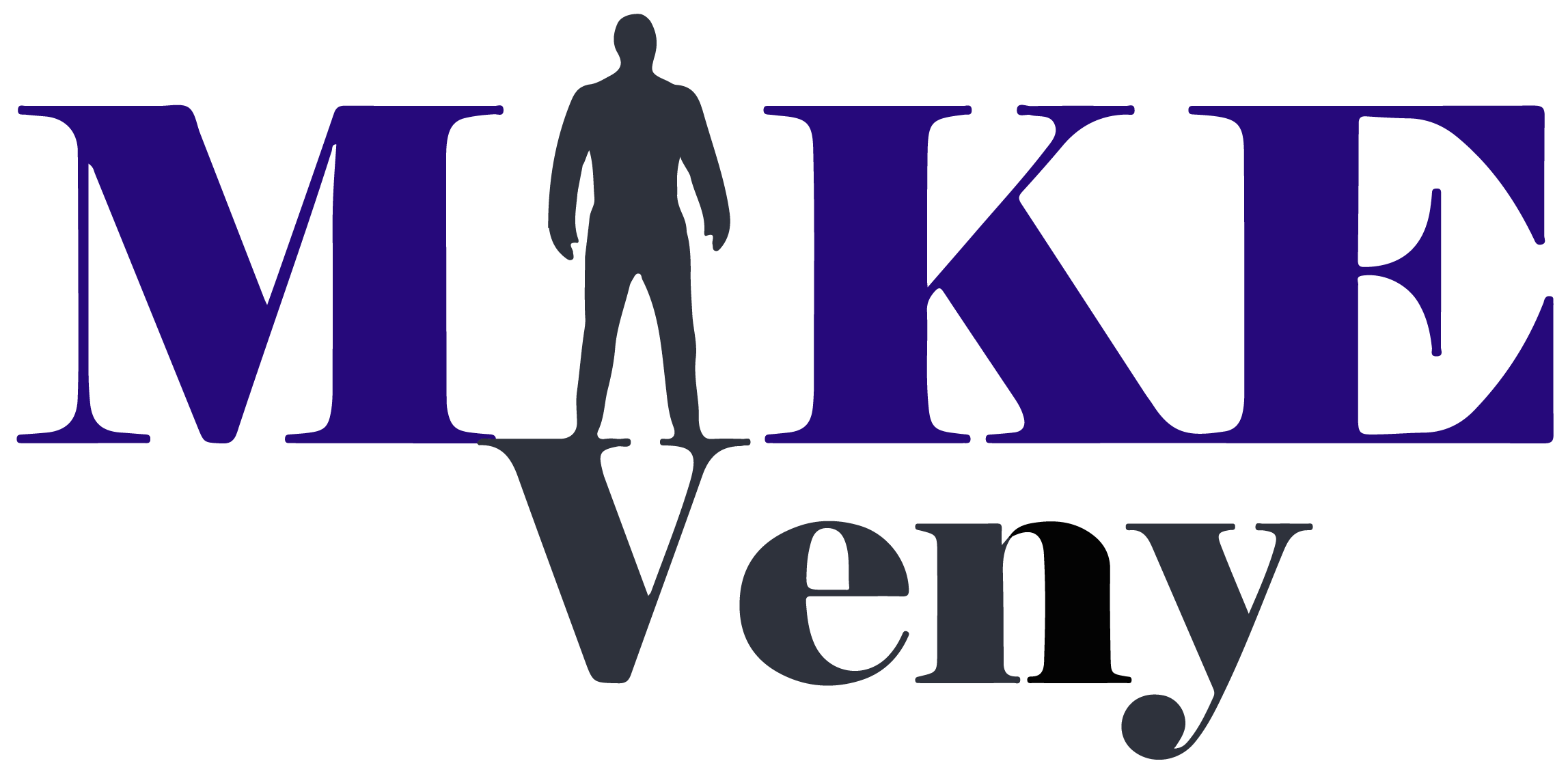Anti-Discriminatory Policy
As a company that delivers relevant learning experiences on adaptable, human-centric skills and wellbeing, it is our duty to be a living example of best practices. The Anti-Discrimination Policy is shared with our team, trainers, clients and stakeholders. It’s also publicly available on our website
Our anti-discrimination policy explains how we prevent discrimination and protect our team, trainers, clients and stakeholders from offensive and harmful behaviors. This policy supports our overall commitment to create a safe and happy workplace for everyone.
Mike Veny, Inc. complies with all anti-discrimination laws, including Title VII of the Civil Rights Act of 1964, Americans with Disabilities Act (ADA) and Age Discrimination in Employment Act (ADEA.) We explicitly prohibit offensive behavior (e.g. derogatory comments towards people of a specific gender or ethnicity.)
Scope
This policy applies to all team members, trainers, clients and stakeholders.
Policy Elements
Discrimination is any negative action or attitude directed toward someone because of protected characteristics, like race and gender. Other protected characteristics are:
- Age
- Religion
- Ethnicity/ nationality
- Disability/ medical history
- Marriage / civil partnership
- Pregnancy / maternity/ paternity
- Gender identity/ sexual orientation
- Discrimination and harassment
Our anti-discrimination and anti-harassment policies go hand-in-hand. We will not tolerate any kind of discrimination that creates a hostile and unpleasant environment for team members or clients.
This is not an exhaustive list, but here are some instances that we consider discrimination:
- Making comments to repeatedly harass, threaten or intimidate someone.
- Comments that publish someone’s information as a call for others to harass them. This personal information may include their address, phone number, place of employment, email addresses, usernames, banking details or information about their family members.
- Unsolicited comments that are random or controversial, in order to provoke emotion.
- Comments that contain pornography, sexual language, abusive language.
- Language based on an ethnic or racial background, gender, sexual orientation, religion or disability of a person or a group of people should not be made unless they are essential to the content of a conversation.
Team members who harass their fellow team members will go through our disciplinary process and we may reprimand, demote or terminate them depending on the severity of their offence.
We recognize that sometimes discrimination is unintentional, as we may all have unconscious biases that could be difficult to identify and overcome. In case we conclude that an employee unconsciously discriminates, we will support them through training and counseling and implement processes that mitigate biases as we indicate in the next section. But, if this person shows unwillingness to change their behavior, we may demote or terminate them.
We will not be lenient in cases of assault, sexual harassment or workplace violence, whether physical or psychological. We will terminate employees who behave like this immediately.
Actions to Prevent Discrimination
To ensure that our conduct and processes are fair and lawful, we:
- Use inclusive language as much as possible.
- Set formal job-related criteria to hire, promote and reward team members. Do our best to accommodate people with disabilities.
- We will also consider additional measures to prevent discrimination, like organizing training on diversity, communication and conflict management to improve collaboration among employees of different backgrounds.
What to Do in Cases of Discrimination
If believe that you are the victim of discriminatory behavior (or if you suspect that others are being discriminated against,) please talk to the CEO as soon as possible. The CEO is responsible for hearing your claim, investigating the issue and determining punishment.
If you decide to make a claim to a regulatory body, we are committed and bound by law not to retaliate against you.
How We Address Discrimination Complaints
The CEO is proactive and responsive about determining whether discrimination occurs. For example, we:
- Look into similar claims about the same person or process to determine if discrimination is systemic.
- Conduct discreet interviews and gather information.
- We will investigate all claims discreetly. We will never disclose who made a complaint to anyone or give out information that may help others identify that person (e.g. which department or role they work in.)
- We should all strive to prevent and address discrimination. Be aware of your implicit biases and speak up whenever you or your colleagues are discriminated against.
If you have any ideas on how we can ensure fairness and equality in our workplace, we are happy to hear them and invite you to contact us.
